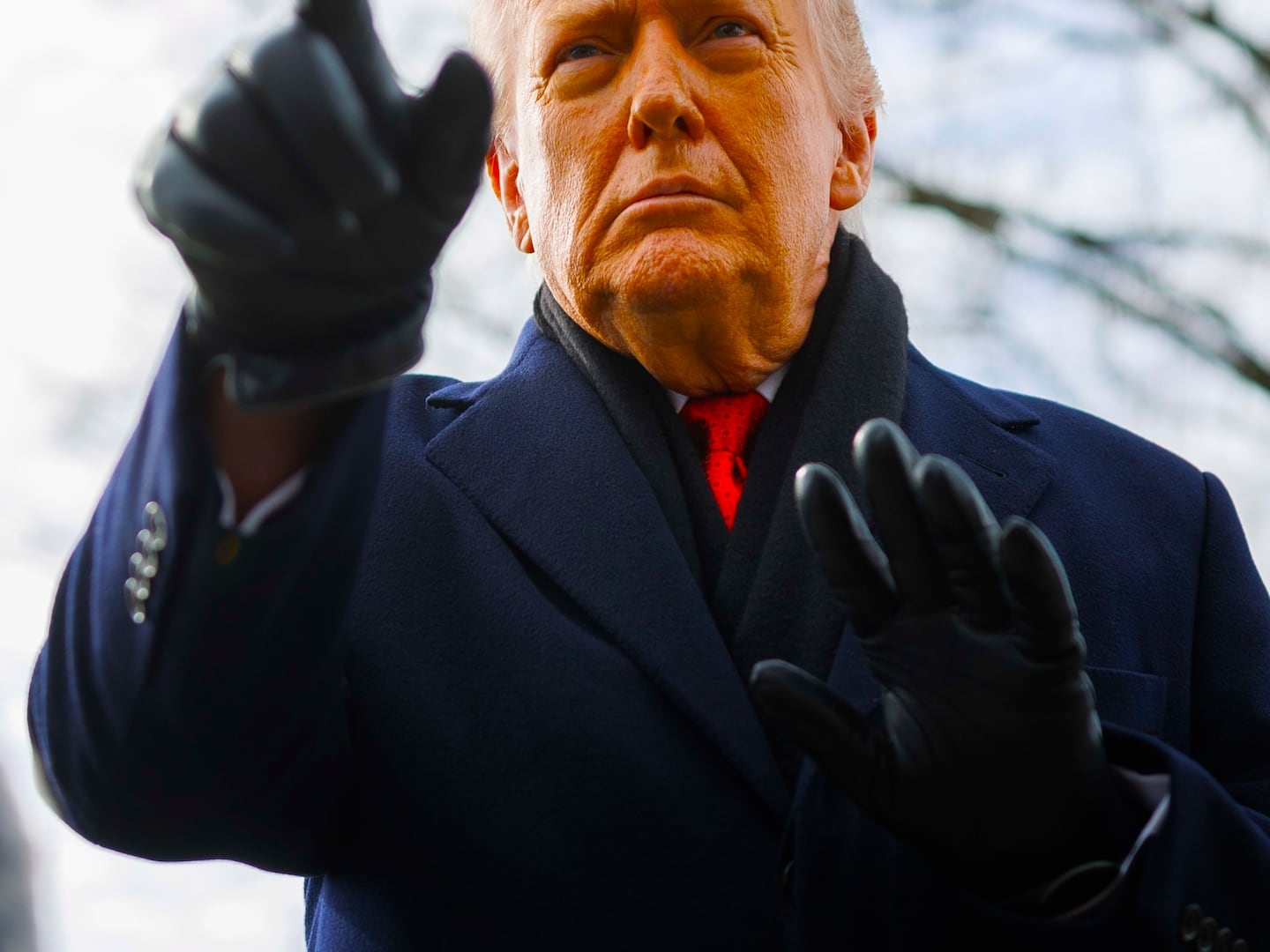
Our country’s history is littered with the bodies of women whose important works were dismissed, ridiculed, and otherwise diminished. Although women make up the majority of our population, the bold ideas of women are frequently silenced by men who disagree.
Today we find ourselves facing the country’s greatest economic challenge since the stock market crash of 1929. The culprits are many for our current financial mess, but the main cause is a little corner in the finance world called derivatives.
Women who attempt to raise the alarm are hysterics, meddlers, busybodies, and worriers.
The implosion of the derivatives market and the subsequent collapse of many of our prominent financial institutions could have been averted. Back in 1998, there was a clear and unequivocal warning. A woman by the name of Brooksley Born, then chairwoman of the US Commodity Futures Trading Commission, warned Alan Greenspan, Robert Rubin, and Larry Summers of the risks inherent in not regulating derivatives.
Michael Greenberger, a senior director at the commission at the time, noted: “Brooksley was this woman who was not playing tennis with these guys and not having lunch with these guys. There was a little bit of the feeling that this woman was not of Wall Street.”
Summers, then deputy to Rubin, took it from there: “In early 1998, Mr. Rubin’s deputy, Lawrence H. Summers, called Ms. Born and chastised her for taking steps he said would lead to a financial crisis,” The New York Times reports.
That’s the same Larry Summers who a decade later has been rewarded by President-elect Obama with an appointment as director of the National Economic Council (a position that does not require Senate approval).
The same day he appointed Summers, Obama announced his pick for treasury secretary, Timothy Geithner. Within weeks of his appointment, Geithner elected to summarily dismiss and silence another woman who had spoken out: FDIC Chairwoman Sheila Bair.
Bair has numerous advocates on Wall Street. Unlike the disastrous Troubled Assets Relief Program (“TARP”) put forward by Treasury Secretary Hank Paulson and Fed chief Ben Bernanke, Bair has a bottom-up approach that deals with the root of the problem, foreclosures.
Under TARP, within weeks $350 billion of taxpayer money had been dumped into buying up stakes in certain chosen banks—unfortunately, this did nothing to unfreeze the credit markets. Bair had sought a small fraction of that amount to stem the tide of foreclosures. As reported in Barron’s last week: “The FDIC leader was turned down by Treasury when she sought $25 billion of the government’s $700 billion TARP plan to provide a federal guarantee and loss-sharing on approximately two million modified home mortgages. But Bair’s idea clearly had merit.”
Bair has a reputation for independence. Her refusal to rubber-stamp each TARP disbursement and her insistence on concessions from the financial institutions seeking rescue funds made some people uncomfortable. Geithner said she wasn't a team player, and he has sought to have her removed from her position. Barney Frank was man enough to call it what it was: "I think part of the problem now, to be honest, is Sheila Bair has annoyed the 'old boys' club,'" Frank said. "To some extent, bank regulation and mortgage foreclosure have made a situation where we have several regulators up in the tree house with a 'no girls allowed' sign-and it's aimed at Sheila Bair-who's been really good."
A walk down memory lane is crowded with women who were silenced, diminished, and ignored. In a 2006 issue, Time magazine celebrated three female whistleblowers who had been silenced by their bosses. Two of these women, Sherron Watkins of Enron and Cynthia Cooper of WorldCom, tried to warn their bosses of improper accounting. In both cases, their warnings were ignored. The outcome: The two largest bankruptcies in our nation’s history, costing hundreds of thousands of investors their life savings.
Another famous whistleblower, Coleen Rowley, a staff attorney for the FBI, was ignored when she raised an alarm about Zacarias Moussaoui, as a man who must be investigated. Moussaoui was later indicted as a September 11 co-conspirator. This time the cost was much more precious—American lives.
Rowley later wrote a lengthy memo to FBI Director Robert Mueller, characterizing later actions taken by him and others as a deliberate effort to avoid culpability for their failure to investigate Moussaoui.
It wasn't all that long ago that the fields of accounting, intelligence, economics, and politics were the exclusive domain of men. Because women were deliberately excluded, men were identified as the rightful owners of knowledge in these fields. Even today, one could identify the language, codes, and conventions of these “man’s worlds” and observe how these conventions are still used, passively or actively, to keep women on the outside, while the route to the inside is slanted heavily in favor of men.
It's no wonder women who attempt to raise the alarm are told to sit down and shut up: They’re interlopers in the man’s world—hysterics, meddlers, busybodies, and worriers. They’re women.
Amy Siskind is co-founder of The New Agenda, a non partisan organization devoted to advancing women’s rights.






